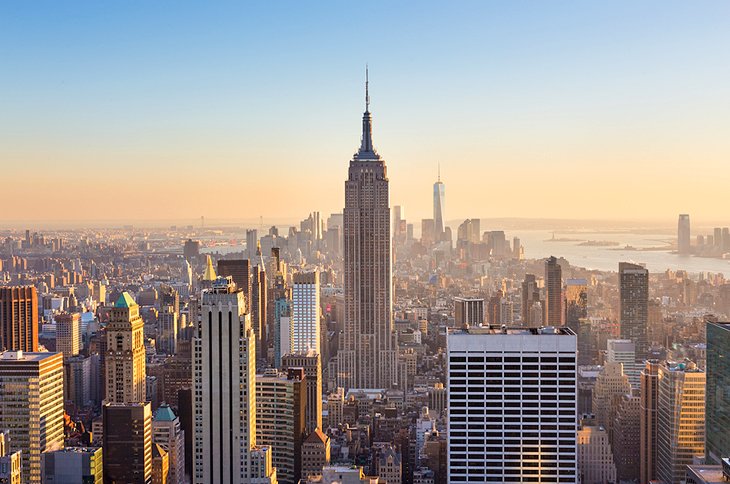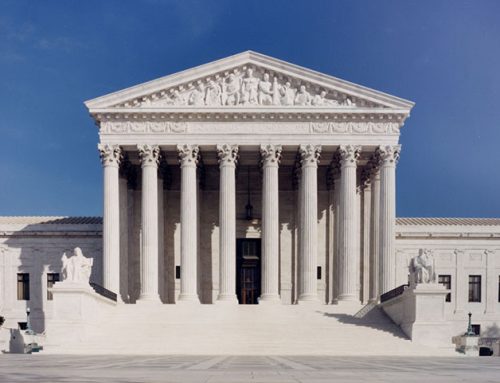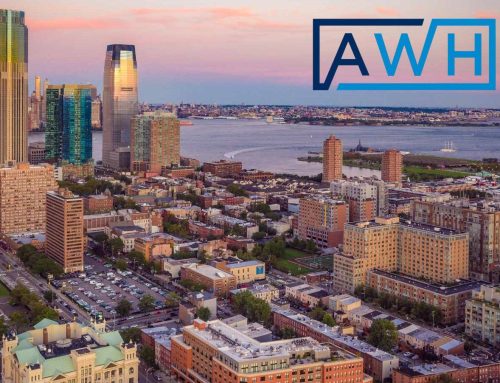New York’s Legal Cannabis Market Struggles Amidst Regulatory Challenges and Market Saturation
NEW YORK- New York’s journey into the legal cannabis market has been fraught with challenges, marked by a series of setbacks including numerous lawsuits and regulatory hurdles. This tumultuous rollout has had a significant impact on the state’s licensed cannabis growers, who now grapple with a surplus of unsold product and financial strain.
Farmers across New York are currently burdened with an estimated 240,000-pound surplus of cannabis, equivalent to one to two seasons of yield. This excess inventory has pushed many growers into precarious financial situations, with some even resorting to selling essential equipment to maintain operations.
In response, New York’s Office of Cannabis Management (OCM) initiated a growers’ showcase in July 2023, aiming to alleviate these issues. This event series, totaling 48 in number, has provided a legal avenue for New Yorkers to access cannabis products. However, while the showcases have seen positive sales in some locations, they have also highlighted the disparities and challenges within the nascent legal cannabis market.
A case in point is the Manhattan-Brooklyn Experience, where some showcases have struggled to draw attention and compete with unlicensed, more conspicuously advertised cannabis outlets. For instance, the Hell’s Kitchen Cannabis Collective (HKCC) in Manhattan has faced difficulties in attracting clientele due to restrictive marketing regulations and inconspicuous location. Patrick Conlin, the founder of HKCC, expressed frustration with the limitations imposed on legal marketing efforts, which have hindered visibility in a competitive landscape.
Contrastingly, other locations like Good Grades in Brooklyn have managed to create a warm, inviting atmosphere despite the limited foot traffic and marketing challenges. The dispensary, known for its knowledgeable staff and focus on cannabis education, has become a destination for both enthusiasts and newcomers. However, Good Grades has also had to adapt to market conditions, closing its Brooklyn location as part of a soft launch strategy and focusing on a new outlet in Queens.
Despite the passionate efforts of staff and cultivators, customers have noted a disconnect between the quality and pricing of products. The cost of cannabis in these legal outlets often does not match the expected value, particularly for long-unsold strains. This disparity in price-quality ratio is a notable concern in a city where living costs are already high.
Overall, while the showcases in Manhattan and Brooklyn have been staffed by dedicated and passionate individuals, the experience has often fallen short of expectations. Customers have been left longing for a more authentic farmers market experience, rather than the classic retail setting they encountered. The challenges faced by these legal cannabis outlets in New York highlight the broader issues within the state’s legal cannabis market, including regulatory constraints, market saturation, and competition with unlicensed vendors.
As New York continues to navigate the complexities of its legal cannabis market, these early experiences underscore the need for more supportive policies and frameworks that can enable legal businesses to thrive while ensuring consumer satisfaction and safety.



































